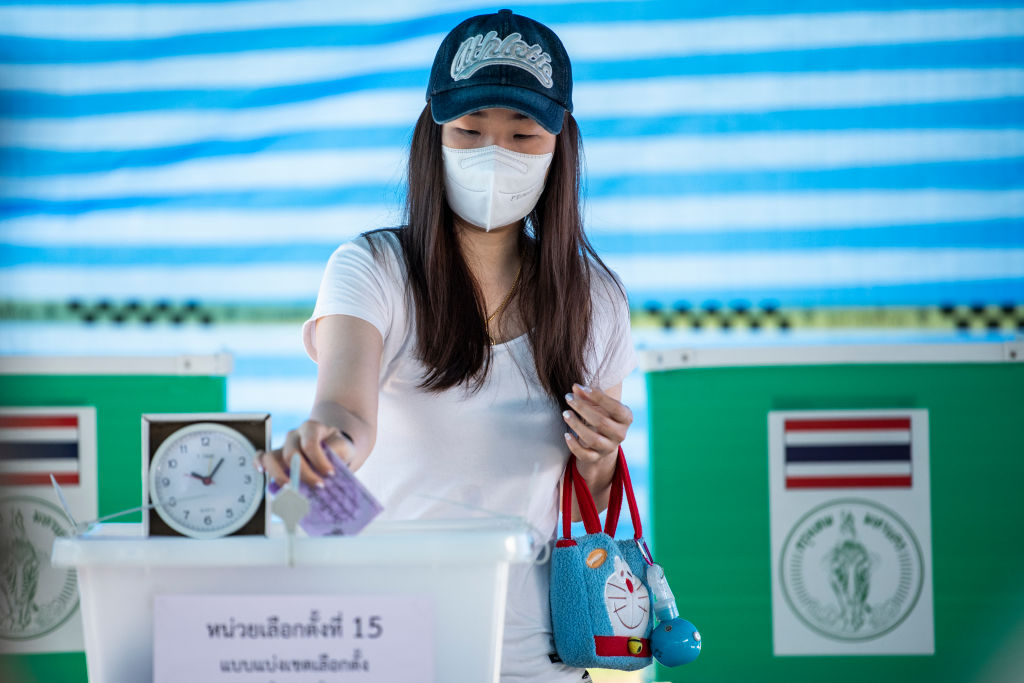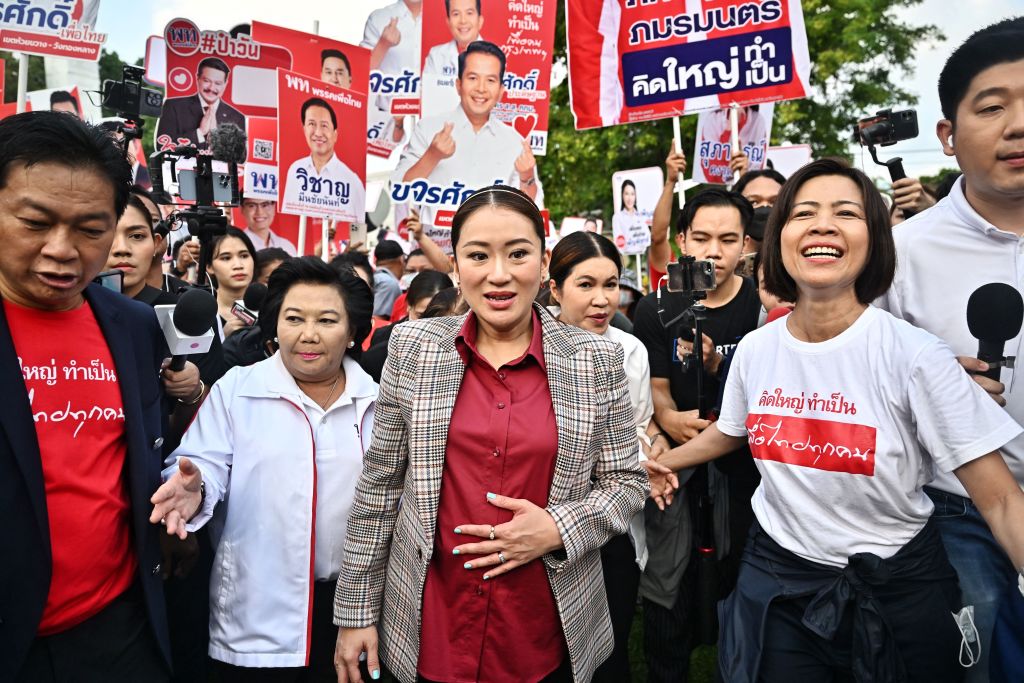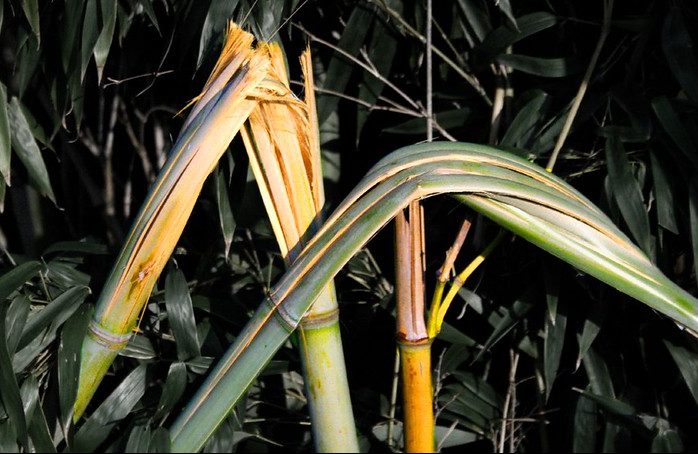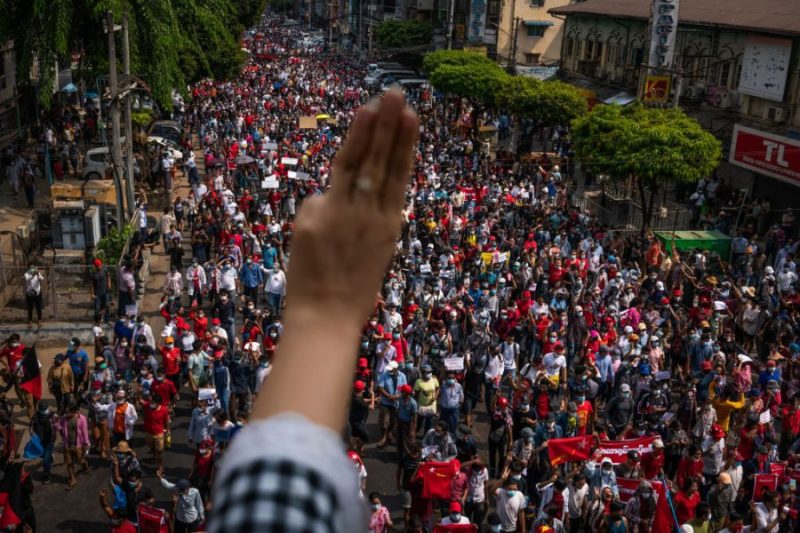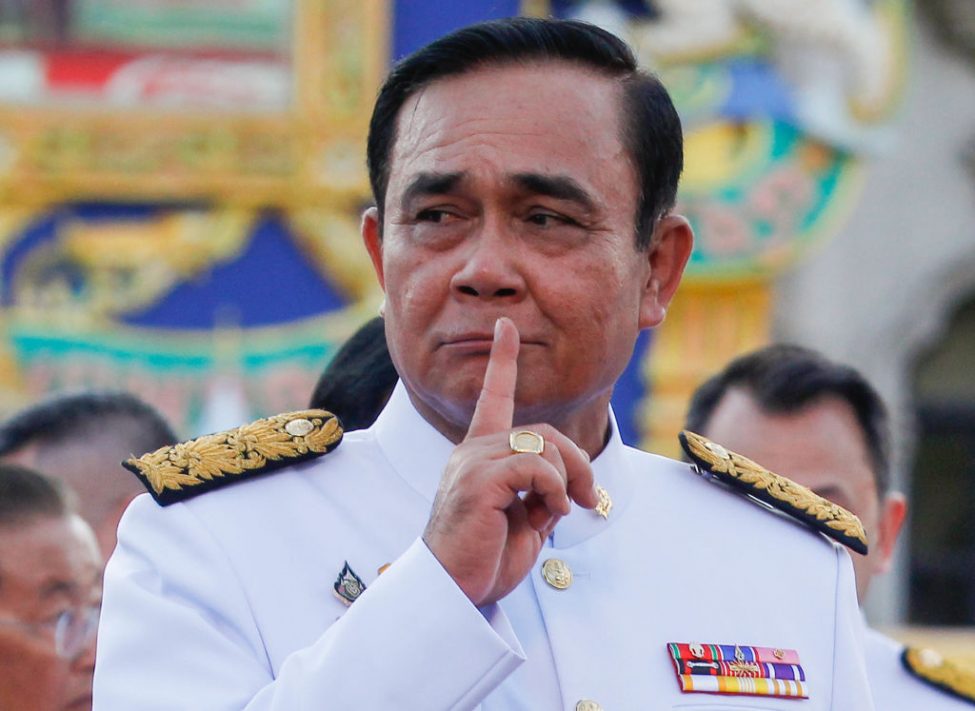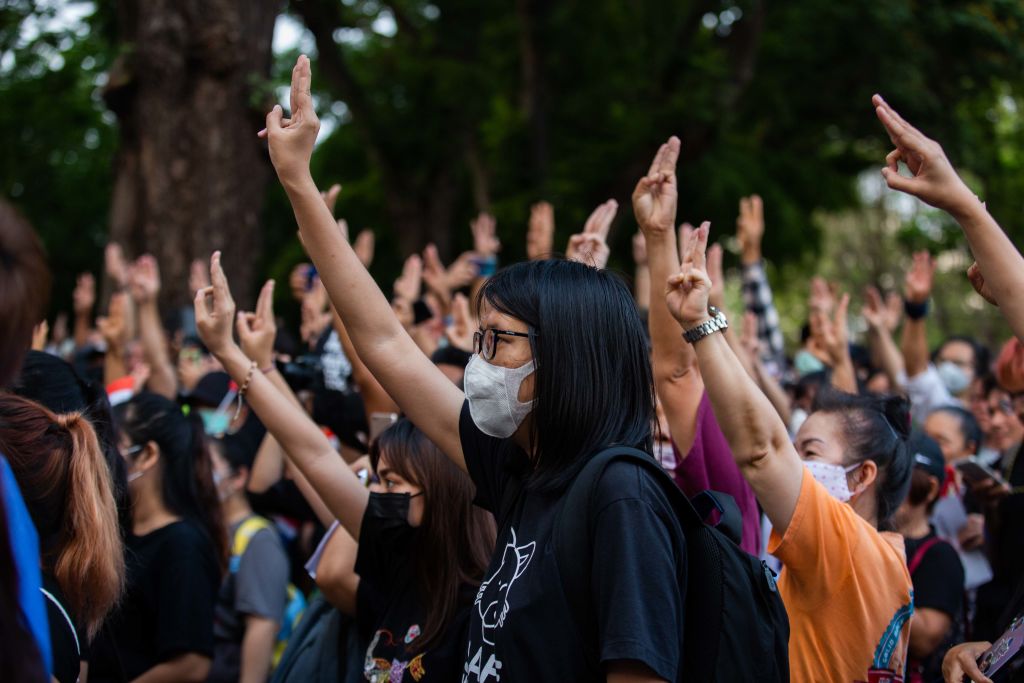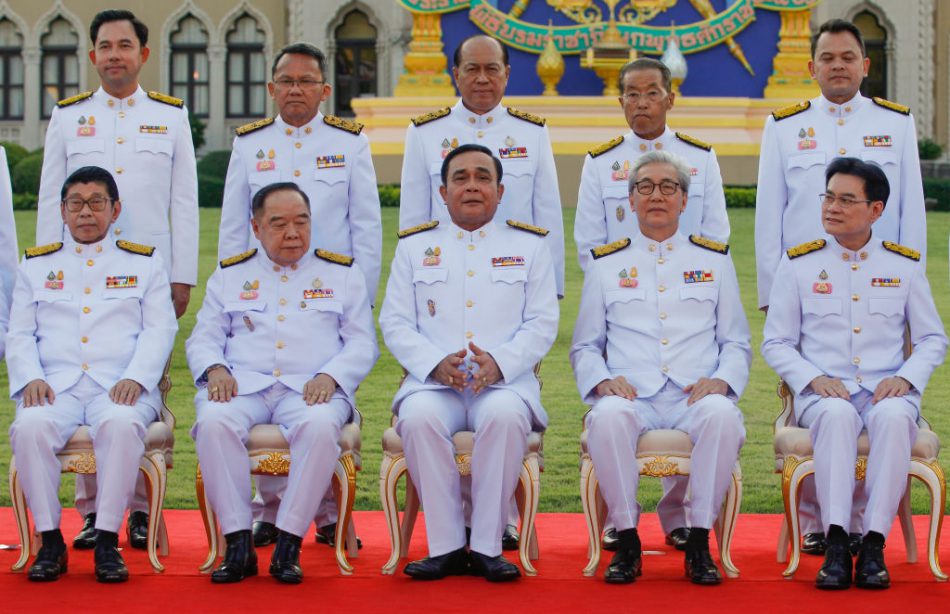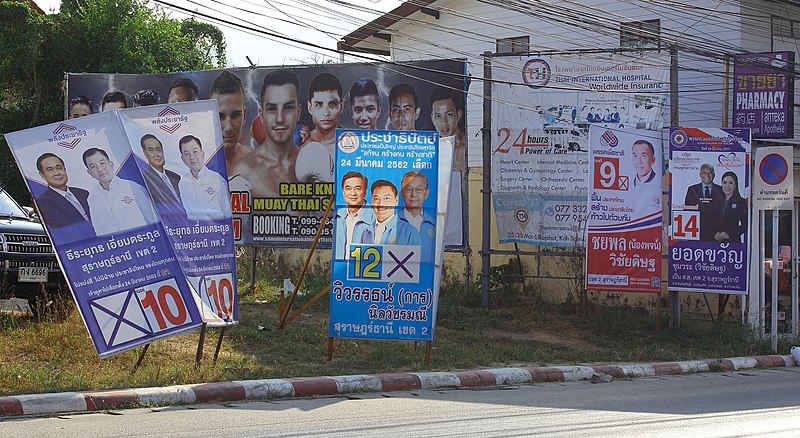Myanmar’s scam centres demand ASEAN-Australia collaboration

China’s crackdown on cyber-scam centres on the Thailand-Myanmar border may cause a shift away from Mandarin, towards English-speaking victims. Scammers also used the 28 March earthquake to scam international victims.
Australia, with its proven capabilities to disrupt cybercrime networks, should support the Association of Southeast Asian Nations’ efforts to tackle this kind of transnational organised crime. Doing so would also help ease pressure on Australian policing and cyber capabilities, which deal with thousands of cybercrime reports each year.
Myanmar’s border regions, particularly around Myawaddy, are infamous for scam compounds. Victims—often lured by fake job ads on social media—are trafficked to these sites. Upon arrival, they’re forced to hand over their IDs and mobile phones, and are then forced to engage in love scams, crypto fraud, money laundering and illegal online gambling. The United Nations estimates around 120,000 people are trapped in Myanmar alone, with another 100,000 in Cambodia and unknown numbers in Laos, the Philippines and Thailand.
For years, Chinese authorities ignored this criminal enterprise. But when Chinese actor Wang Xing disappeared, a viral plea from his girlfriend on microblogging site Weibo triggered action. Within hours, Xing was released, sparking outcry on the social media from families of 1800 missing Chinese nationals believed to have been trafficked.
Xing’s rescue highlights the power of grassroots mobilisation but also exposes the systemic law enforcement failures on the border. While Nay Pyi Daw tolerates these scam centres, the operations persist due to selective enforcement from authorities in neighbouring China and Thailand, leaving the power networks behind them unscathed.
After public pressure, Chinese President Xi Jinping took action and met with Thai Prime Minister Paetongtarn Shinawatra in February. Following the high-level meeting, Thailand immediately cut electricity, internet and gas supplies to five towns known for harbouring cyber-scam centres. However, these efforts remain largely performative as Myanmar junta-allied actors also position themselves as part of the crackdown, such as Saw Chit Thu‘s Border Guard Force, despite its complicity in scam compounds. While more than 7000 people have been released, far more remain trapped. Syndicates continue to evolve, securing alternative electricity sources, switching to Starlink satellite connections, and potentially relocating their operations elsewhere.
China’s shifting approach towards Myanmar complicates matters. Its increased support for Myanmar’s military regime pushed the cyber-scam syndicates into areas controlled by the junta and its allied ethnic militias. Criminal activities accelerated and diverted their recruitment to English-speaking targets.
China’s response is also inherently reactionary and limited, doing little for victims in other countries such as Cambodia and Laos. While China’s diplomatic influence has led to some progress, victims from other countries, such as the Philippines and Indonesia, lack similar leverage to pressure host governments.
This calls for a more holistic and coordinated regional approach. It should focus on preventing modern slavery and combatting cyber and cyber-enabled crimes, and should include ASEAN as well as partners such as Australia.
ASEAN has a rudimentary structure to facilitate intra-regional intelligence sharing, joint investigations and coordinated rescue operations. ASEANAPOL and INTERPOL’s Singapore-based operations support coordination among regional police forces. While this has led to many arrests and seizures of assets, the overall effort falls short of dismantling criminal enterprises.
Last year’s launch of the ASEAN Computer Emergency Response Team was a positive move, strengthening the region’s ability to address cybersecurity incidents. But efforts to dismantle cyber-scam networks in Myanmar remain limited due to protection from junta-backed militias.
This situation should prompt greater Australian involvement. Australia’s offensive cyber capabilities helped disrupt cyber-crime networks, such as Lockbit and ZServers. In November, the Australian Federal Police, working with Philippine authorities, took down a major scam syndicate in Manila under Operation Firestorm, seizing digital evidence to trace Australian victims and disrupt global fraud operations.
With thousands of Australians falling victim to scam operations, Australia’s cybercrime-fighting efforts should prioritise taking down overseas scam networks. This could be done by strengthening skills and capabilities of cyber detectives and offensive cyber operators in the region, for instance through capacity-building workshops and mission-specific training. However, the government should also be prepared to use its political and economic heft to pressure host nations that allow such criminal activities, using tools such as ministerial interventions, attributions and cyber sanctions.
The Fifth ASEAN Digital Ministers’ meeting earlier this year stressed the need for international collaboration on implementing additional measures to prevent cross-border scams. While the roles of China, Japan, the United States and Russia were mentioned, Australia is not yet engaged. This is an opportunity for Australia to increase its collaboration with ASEAN, especially in the wake of the recent Myanmar earthquake, which scammers exploited through fake clickbait donations and malicious links.
Australia has committed to provide $2 million for Myanmar’s disaster response. Yet, targeted initiatives to address cyber scams would bolster defences against transnational cybercrime and create a safer global environment.

